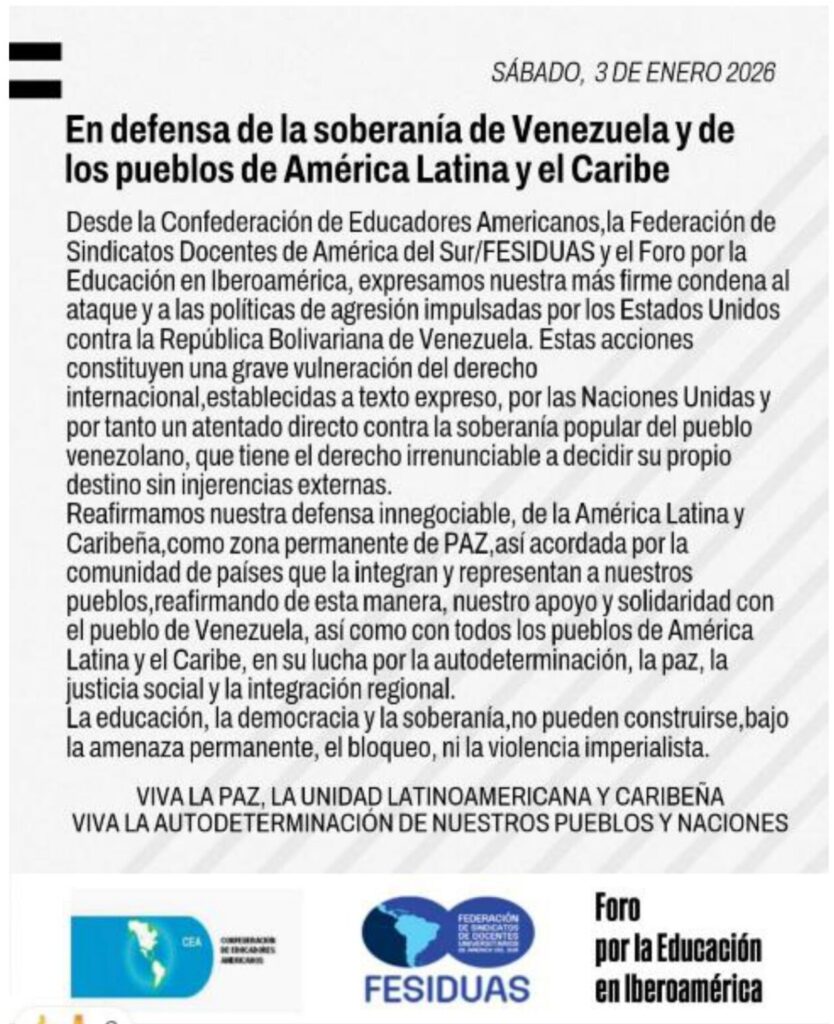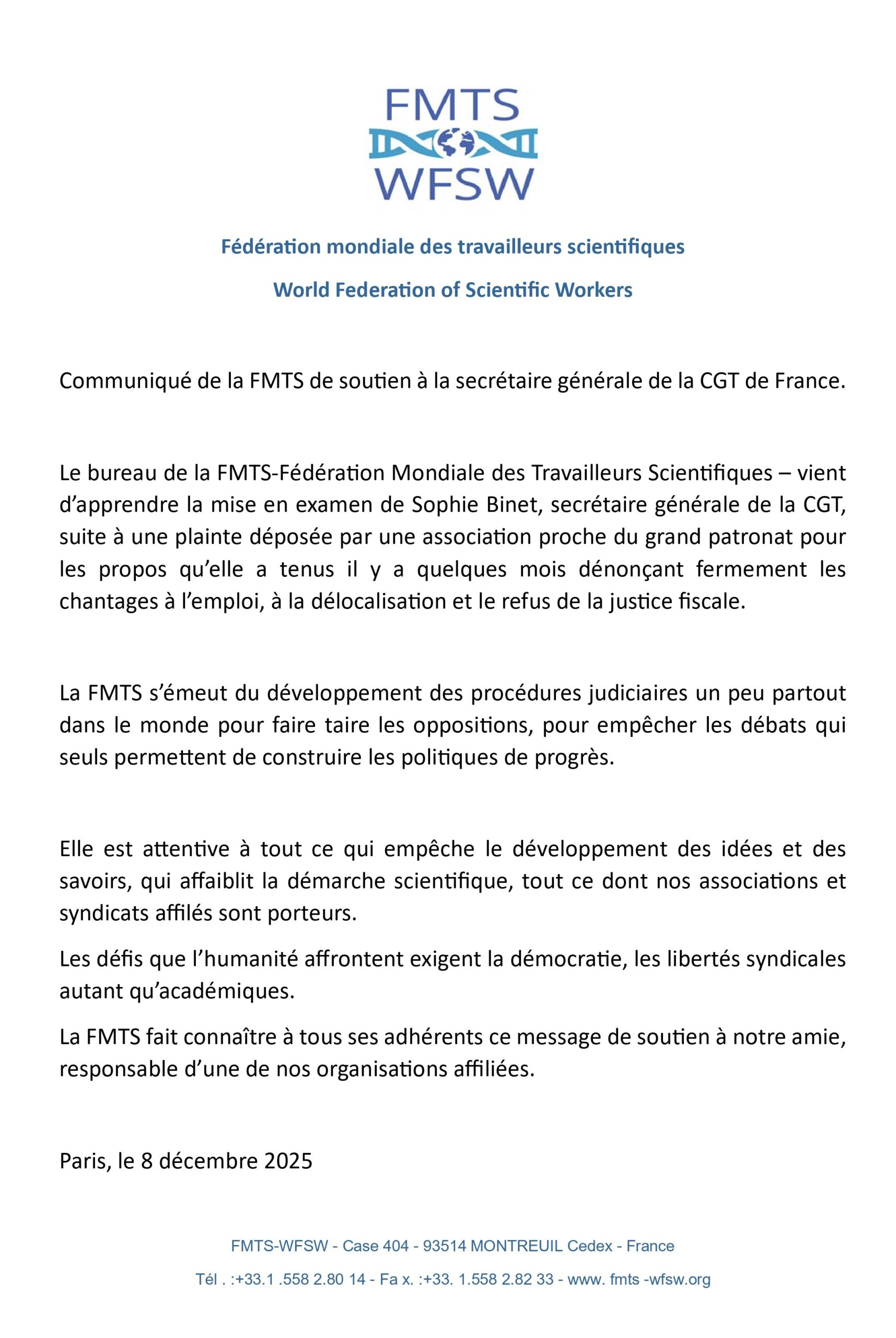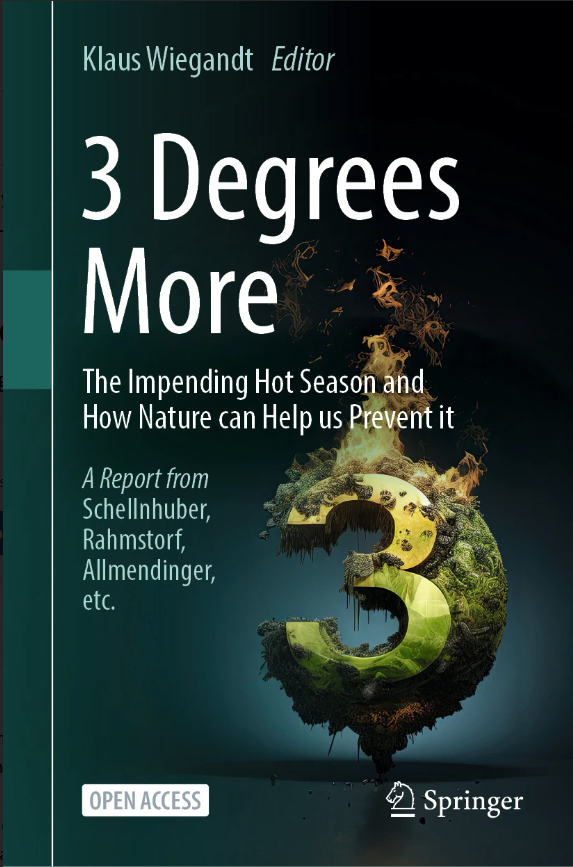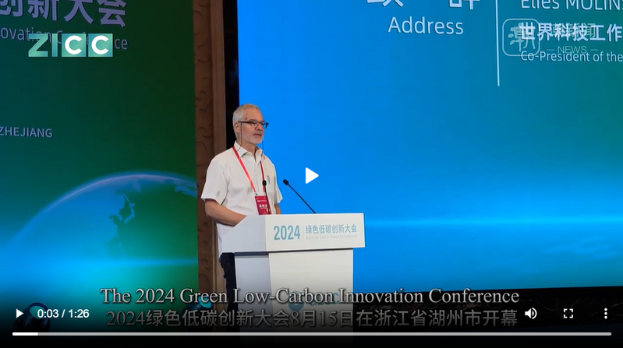Towards a ban and the elimination of nuclear weapons
Our responsability for constructing world peace, By Dr Seiji Yuasa, Vice president of the WFSW
Amongst the military threats, the problems of nuclear weapons should firstly be solved for constructing the world peace. Sixty-three years since Hiroshima and Nagasaki were bombed with atomic weapons, the cry of the A-bomb survivors for the tragedy to not be repeated, has captured people’s hearts and minds; the demand for the elimination of nuclear weapons now prevails in world opinion. More and more people are determined to act to turn the 21st century into an age of peace, free from the threat of nuclear weapons. We call on the people around the world to work together in solidarity to achieve this goal.
Nuclear weapons continue to threaten world peace and the survival of the human race. Nuclear powers are still stockpiling or deploying approximately 26,000 nuclear weapons, and thousands of them are placed on high alert. Nuclear weapon states continue to hold onto their nuclear privilege. In particular, the US leaders refuse to abolish nuclear weapons on the ground that “terrorism and proliferation” are the “new threat”, and they are engaging in a strategy that combines preemptive military attack with the use of nuclear weapons. The development of new nuclear weapons, and the development and deployment of a “missile defense” system which complements the first use are also elements of this strategy. They constitute a serious factor hindering the resolution of the problem of nuclear weapons proliferation. The prevention of terrorism or proliferation cannot justify the possession of nuclear weapons. The tragic situations in Iraq and Afghanistan show that the peaceful resolution of proliferation issues, the elimination of nuclear weapons and the establishment of an international order of peace, are the only road to choose.
With the irrationality of the nuclear deterrence doctrine becoming ever clearer, the call for a world free of nuclear weapons is gathering a new momentum. Even among nuclear powers and their allies, a number of government leaders are raising their voices to remove the nuclear danger completely, calling on the nuclear weapons states to take actions towards the elimination of nuclear weapons. Reflecting the desire of people the world over, nuclear weapon-free zones are expanding in (1) South East Asia, (2) Central Asia, (3) Mongolia, (4) Africa, (5) Central and South America, (6) the South Pacific Region, and (7) the Antarctic Zone, respectively. The majority of states has become parties to the NPT as non-nuclear weapons states, and are placing themselves under the treaty obligation to renounce the development or acquisition of nuclear weapons. Now is the time to take steady steps forward towards a total ban and the elimination of nuclear weapons. To reach the goal, what is needed is a decision in the world politics, particularly of the nuclear powers, as well as actions of people of the world in solidarity. We urge all national governments to move to pass a resolution at the UN General Assembly to agree to commence and conclude negotiations of a treaty, a nuclear weapons convention, to ban and eliminate nuclear weapons. Having accepted the complete elimination of their nuclear arsenals as their unequivocal undertaking in May 2000, the Nuclear Five should fulfill their promise in good faith. Towards the next NPT Review Conference of 2010, we call for full compliance and implementation of all past agreements, including (1) the commitment to a total elimination of nuclear arsenals, (2) the entering into force of the Comprehensive Nuclear Test Ban Treaty (CTBT), (3) the commencement of negotiations for a fissile material cut-off treaty (FMCT), and (4) the establishment of a Middle-East nuclear-free zone. We further demand that all nuclear powers, declared and undeclared, and their allied governments renounce the threat or use of nuclear weapons, move to de-alerting, end the missile defense program, provide for security assurances to non-nuclear weapons states, make deep cuts in nuclear arsenals, and renounce strategies that rely on “nuclear deterrence” or “nuclear umbrellas”. Again, the NPT Review Conference of 2010 will present an important opportunity to open the prospects for the abolition of nuclear weapons. We must propose to launch a worldwide action campaign at all levels of society to reach the common goal of a world free of nuclear weapons. With a new signature drive for the abolition of nuclear weapons as a common form of action, let us develop international joint actions that will unite the world with many forms of creative action. We will work in solidarity with other campaigns, such as (1) for peace and against war; (2) for relief of Agent Orange and other war victims; (3) for protection of the global environment; (4) for overcoming reliance on fossil fuels and nuclear energy; (5) for a resolution to the food crisis; (6) for overcoming poverty, destitution and hunger; (7) for drastic cuts in military spending, and (8) for the overcoming of all the negative aspects of economic globalization on the basis of neo-liberalism. Jointing forces with one another, let us build a peaceful and just world free of nuclear weapons.
It is important to remember that together with Hibakusha, the A-bomb survivors, we have worked to spread around the world their message that Hiroshima and Nagasaki should never be repeated. This has largely helped to prevent the outbreak of nuclear war on many occasions and build up global momentum in support of the abolition of nuclear weapons. Now people on all continents share this goal and are joining together in actions to carry forward this effort to turn the rest of the 21st century into an era where humans are liberated from the danger of nuclear war, and other wars and disputes. A total ban on nuclear weapons is also the only sure way to remove the danger of nuclear proliferation. In pursuit of a nuclear weapon-free, peaceful and just world, we herewith urge the United Nations Organization and all governments of the world, including the nuclear weapons states, to begin negotiations with no further delay to reach an international convention for a total ban of, and the elimination of, nuclear weapons.





